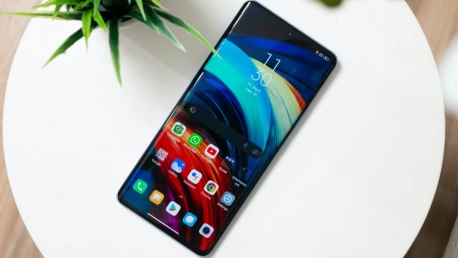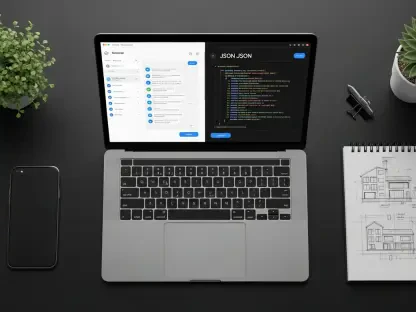With an almost 70% market share in 2022 and powering billions of devices across the globe, Android is the most popular mobile and tablet operating system in the world. Despite its popularity and widespread use, there are still many myths and misconceptions surrounding the Android platform.
In this article, we will explore seven of the most common myths about Android and dispel them once and for all.
Android Is Only for Budget Devices
One of the biggest myths about Android is that it is only for budget devices, and that high-end smartphones only run on iOS. However, this couldn’t be further from the truth. Android powers a range of devices, from budget smartphones to premium flagships. Companies like Samsung, Google, Xiaomi, and Oppo all offer high-end smartphones that run on Android, which are just as good, if not better, than their iOS counterparts.
Android Is Less Secure than iOS
The myth that Android devices are more prone to malware and viruses has been debunked. While it is true that Android has been targeted by malicious actors in the past, the platform has implemented robust security measures to mitigate these risks. With regular security updates and the implementation of Google Play Protect, the incidence of malware on Android devices has significantly decreased. Moreover, user awareness and responsible app-downloading practices can further enhance the security of Android devices.
If you are curious about how mobile spyware works, and what measures companies and individuals can take to protect their data against this threat, you can read our article here.
All Android Apps Are Free
While many Android apps are indeed free, that does not hold true for all of them. Just like iOS, Android has a vast marketplace of both free and paid apps, giving users the option to choose whether they want to pay for a premium app or not. Some of the most popular and high-quality Android apps cost money, but users can easily find free alternatives that offer similar features and functionality.
Even though the largest number of apps in the major app stores are free to download, the growth of global consumer spending on apps in recent years has shown the users’ appetite for premium services or paid app content. According to a Statista survey, “In the second quarter of 2021, Android consumers have spent an average of 5.31 U.S. dollars per handset, after peaking in the last quarter of 2020 reaching an average of 10.6 U.S. dollars per mobile device. Mobile apps are projected to generate more than 613 billion U.S. dollars in revenues in 2025, with mobile games making up the biggest revenue share among all app categories.”
Android Updates Take Too Long
One of the biggest complaints about Android is that updates take too long to arrive on devices. However, this is largely a problem with the way the Android platform is structured. With many versions of the operating system in use and a variety of device manufacturers, it can take time for updates to reach all devices. Nevertheless, Google has made significant improvements in recent years, and many devices now receive updates promptly.
You Can’t Customize Android
Another common myth about Android is that it is not customizable. This couldn’t be further from the truth. Android is an open-source platform, which means users can personalize it to their heart’s content. From customizing the home screen with various launchers and widgets to changing the look and feel of the operating system with custom themes, Android users have a wealth of customization options at their fingertips.
Android Devices Are Sluggish
The myth that Android devices are sluggish and slow is simply wrong. In recent years, significant advancements have been made in Android’s performance optimization and hardware capabilities. With each new iteration, Android has become more efficient, offering faster and smoother user experiences. Furthermore, the availability of a wide range of devices from several manufacturers allows users to choose from a variety of performance options, catering to their specific needs and preferences.
Android Lacks Uniformity
Finally, one of the biggest myths about Android is that it is fragmented and lacks uniformity. While it is true that Android runs on a wide range of devices with varying hardware configurations and customized user interfaces, this diversity also brings numerous benefits. It allows manufacturers to cater to different market segments and user preferences, offering a plethora of choices in terms of features, designs, and price points. Moreover, Google has made significant efforts to standardize the Android experience through initiatives like Project Treble, ensuring timely updates and a consistent user interface across devices.
Conclusion
The common myths surrounding the Android operating system are largely based on misconceptions and outdated information. Android has evolved into a mature platform, offering a rich and customizable user experience, robust security measures, and a vast ecosystem of apps and services. By dispelling these myths, users can fully embrace and appreciate the power and potential of the Android OS, making informed decisions about their choice of mobile devices and enjoying the numerous benefits that the platform has to offer.









